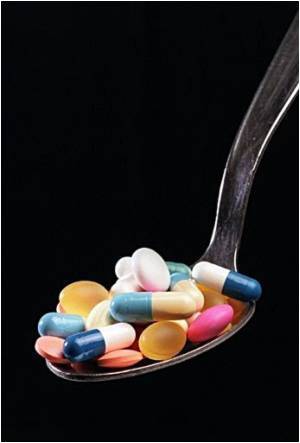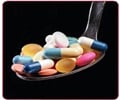Study says patients who suffer an adverse medical event arising from the use or misuse of medications are more costly to the health care system

The research team, led by Dr. Corinne Hohl, emergency physician at Vancouver General Hospital and research scientist with the Centre for Clinical Epidemiology and Evaluation at Vancouver Coastal Health and the University of British Columbia, studied the health outcomes of patients who had presented to the emergency department with an adverse drug event and compared them to patients who presented for other reasons.
An adverse drug event is an unwanted and unintended medical event related to the use of medications.
After adjustment for baseline differences between patient groups, researchers found no difference in the mortality rate of the patients they studied, but those presenting with an adverse drug event had a 50% greater risk of spending additional days in hospital, as well as a 20 % higher rate of outpatient health care needs. The team followed 1,000 emergency department patients from Vancouver General Hospital for six months.
This new research builds on a 2008 study, published in the Canadian Medical Journal, which showed more than one in nine emergency department visits are due to medication-related problems.
"What we are finding is that these incidents are common and costly, both in terms of patient health and utilization of health care dollars," says Dr. Corinne Hohl. "We also know that these events are hard for physicians to recognize, and that nearly 70 percent of these incidents are preventable."
Advertisement
The research team has been developing screening tools to better assist health care providers in the emergency department in recognizing patients at high risk for adverse drug events, as well as developing an evaluation platform that will help inform prescribing practices for physicians in the community
Advertisement
"Right now we spend a lot of time trying to diagnose what is wrong with the patient, yet often miss the fact that there is a medication-related problem. This means that patients often go home still on a medication which may be causing harm." We are also using the data from this research project to help develop a new drug evaluation platform to inform prescribing practices for physicians in the community. The hope is to prevent many of these adverse events from even taking place."
Source-Eurekalert











